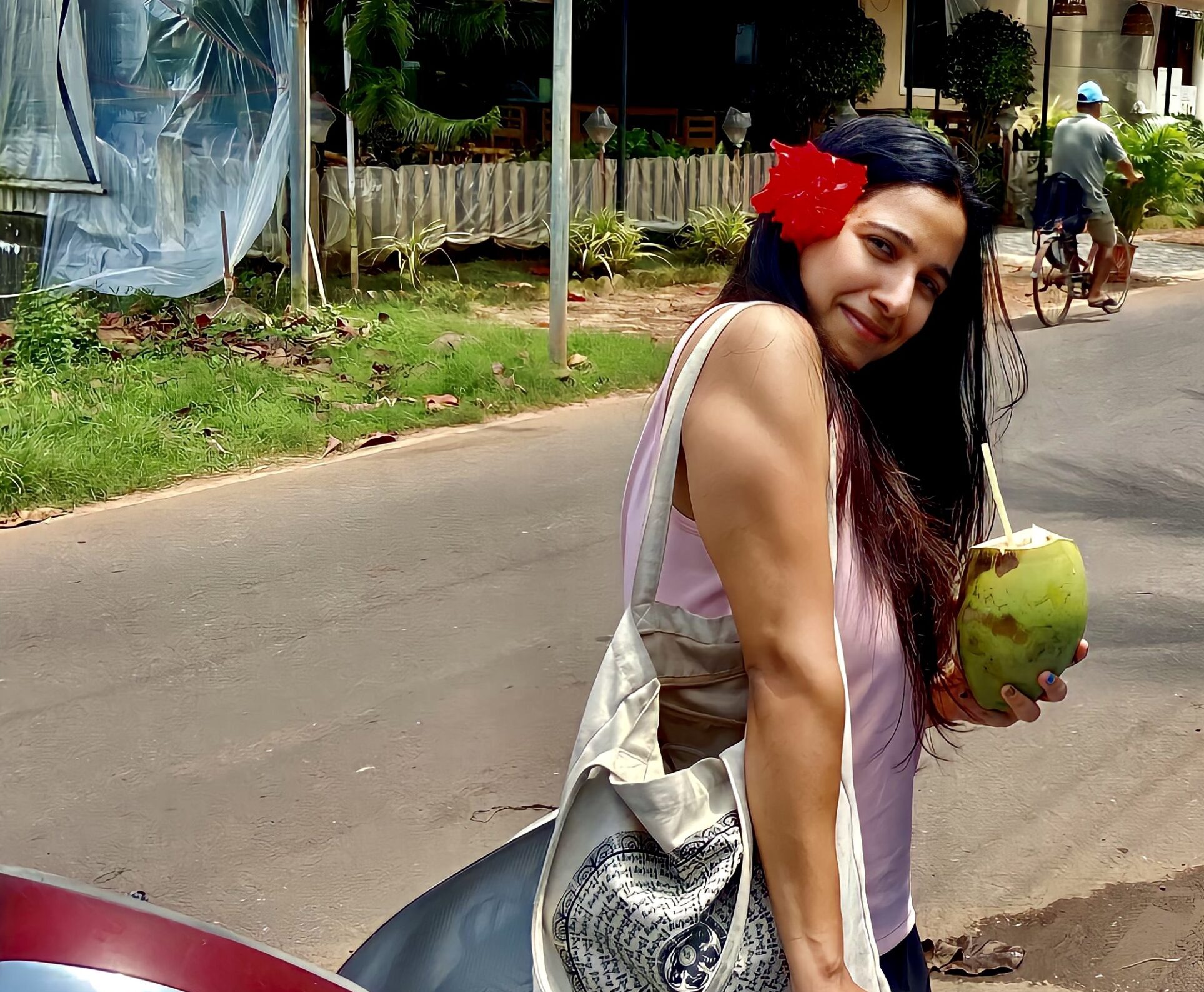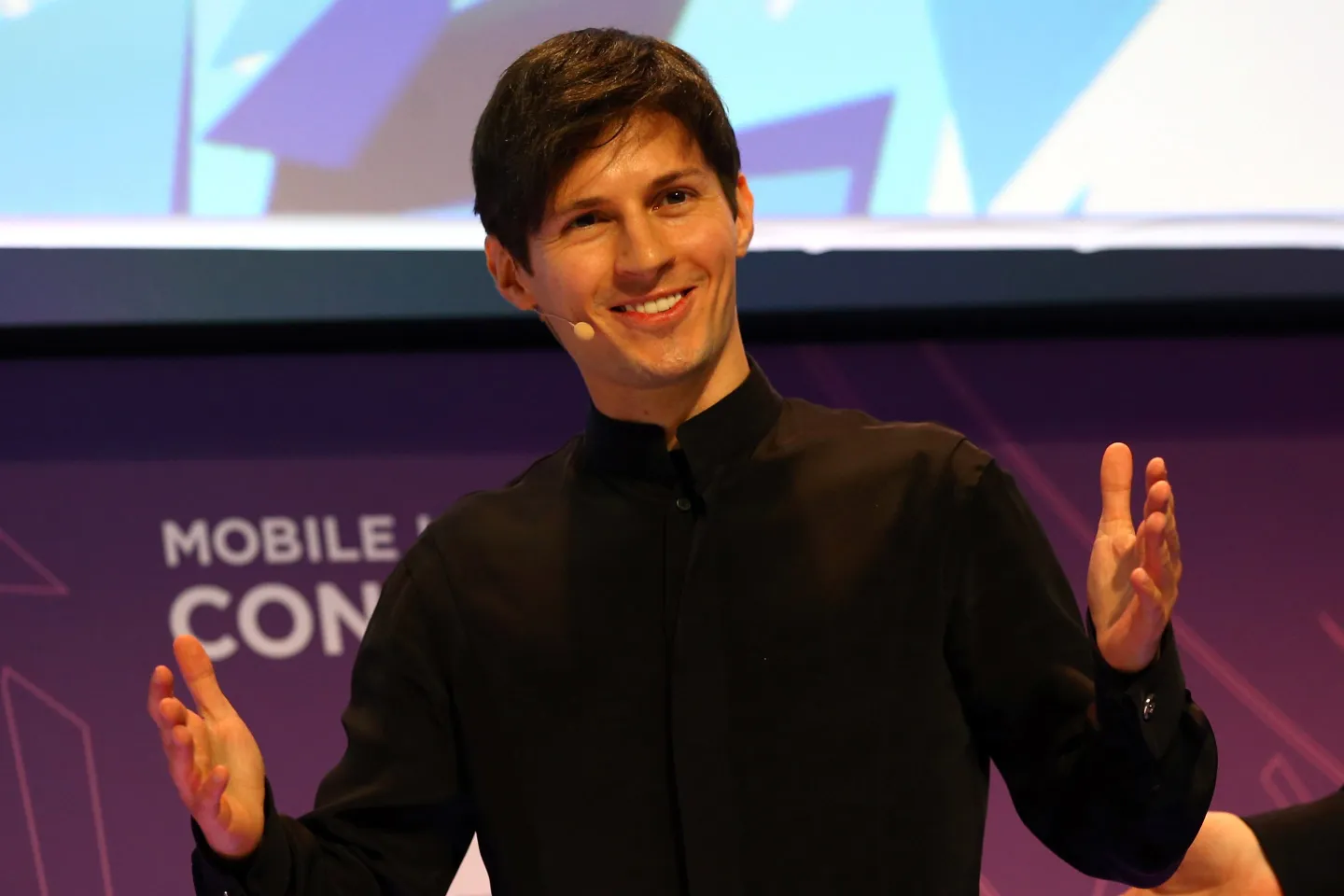India is renowned for its diversity, boasting a rich tapestry of cultures, religions, languages, and castes (Brahmin, Dalits etc.) that coexist within its borders. This diversity is not just a characteristic but a cornerstone of the Indian identity. Which is celebrated through festivals, traditions, and the everyday lives of its people. The Indian Constitution recognizes this diversity and ensures the right to equality for all citizens. It also grants them the freedom of speech, education, and the right to express their identity.
However, despite these constitutional guarantees, incidents continue to arise where individuals face backlash for expressing pride in their heritage. A recent controversy involving Anuradha Tiwari, a CEO from Bengaluru, brought this issue to the forefront. Tiwari posted a picture of herself with the caption “Brahmin genes,” which sparked widespread criticism and accusations of promoting casteism. Her post, intended to express pride in her Brahmin heritage, was met with a polarized response. While some supported her, many criticized her for what they perceived as casteist undertones.
This reaction raises critical questions about the freedom to embrace one’s identity. If India truly celebrates its diversity, why should a person face backlash for expressing pride in their heritage, whether it be Brahmin, Dalit, or any other identity? The right to equality and freedom of expression should be upheld for all, regardless of caste, creed, or religion.
The Right to Embrace One’s Identity
The Indian Constitution enshrines the right to freedom of speech and expression under Article 19. This right allows individuals to express their thoughts, beliefs, and identity without fear of censorship or persecution. It is a fundamental right that forms the bedrock of any democratic society. In a diverse nation like India, this right is even more crucial as it allows the myriad voices of its people to be heard.
Yet, when individuals express pride in their cultural or caste identity, they often face unwarranted criticism. Tiwari’s case is a clear example of this. Her pride in her Brahmin identity, expressed through a simple caption, was met with outrage. Critics argued that her post was casteist and promoted a sense of superiority, while supporters claimed she was merely celebrating her heritage, much like individuals from other communities do.
Double Standards for Brahmin and the Way Forward
This incident reflects a broader societal issue—double standards in how we perceive expressions of identity. In India, pride in being a Dalit, Muslim, or belonging to any other community is often celebrated and seen as a positive affirmation of identity. However, when someone expresses pride in being a Brahmin, it is frequently viewed as an act of arrogance or casteism. This inconsistency highlights a need to reevaluate how we approach the concept of caste and identity.
Everyone should have the right to embrace their heritage without facing backlash. The idea of equality is not just about providing equal opportunities but also about allowing individuals to express their identity freely. Whether it is pride in being a Brahmin, Dalit, Sikh, Christian, or any other identity, every person has the right to express themselves and take pride in their roots.
Conclusion
India’s strength lies in its diversity, and it is this diversity that must be celebrated and respected. The Constitution grants every citizen the right to equality, including the freedom of speech and expression. We must strive to uphold these rights by embracing all identities. Wes should allow individuals to take pride in their heritage without fear of backlash. It is only by doing so that we can truly honor the spirit of the Constitution and the rich diversity of our nation.
In the end, no one should be targeted or criticized for expressing pride in their cultural or caste identity. Let us work towards a society where every individual can embrace their identity without fear, ensuring that the right to equality is not just a constitutional promise but a lived reality for all.





